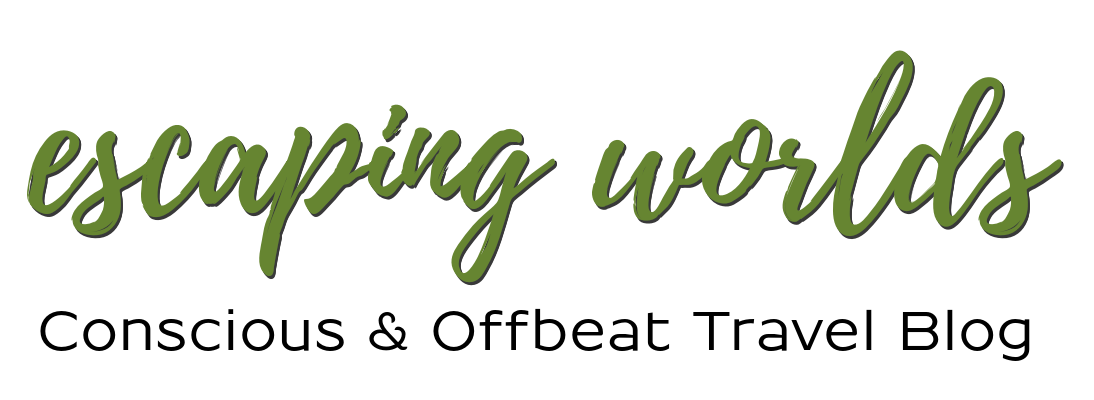The first time I became aware of white privilege was in Africa. Tanzania was the first stop of my gap year. I spent six months in this country, my first time in a Sub-Saharan African country. Through friends and acquaintances, I connected with the founders of an orphanage and primary school where I could do some volunteer work. The base of the legendary Mount Kilimanjaro should become my new home for three months. I discovered how different I got treated by the family running the orphanage.
First, I thought it was probably only because I’m new and I did not know anything initially. But after a while, I realized it was something else. It was my first time in the middle of Africa and the first time to experience such a diverse culture. I was ready to experience everything: to live like locals, eat their food, and learn their language. After first culture shocks and settling days, I was prepared to help and work wherever I was needed. The authorities gave me some tasks hesitant: Teaching the 3rd grade English for one hour a day. That was a challenge for me, but I was ready for that.
My new routine in a small village on the base of Mount Kilimanjaro
After teaching in the mornings, I started to help in the “kitchen”. I was peeling green bananas for dinner. Machalari is the dish called. I never peeled green bananas and let the girls in the kitchen explain that I needed to put oil on my hands because the green bananas have some sticky layer. It was fun, but it wasn’t as easy as it looked at the locals.
The girls also showed me how to wash my clothes by hand. Although they were all willing to do my laundry, I did not let them. I wanted to experience how this life is (I know it is also a bit controversial – I gained some cultural experience and go back home to the comforts of my old life. That’s not the topic for this post but interesting to talk about.).
The mentality of the locals in rural Tanzania
I returned from school to the orphanage one day, which was a short walk. I remember that I wanted to help a girl wash dishes. She was unhappy that I wanted to help, and we discussed. One phrase of this discussion I still remember: “You are not supposed to make your hands dirty.”
I was shocked, angry, confused, and sad from discussions before I knew that locals see white people as better persons—all my attempts to explain that it is not like that failed.
It made me sad that people think this way. Spending more time in other parts of the country let me realize the different viewpoints of people in different regions, especially in cities.
#stopwhitepriviledge
In January this year, I went to the cinema to watch “Queen and Slim”. It is a drama about Black Americans fleeing from the police after killing an officer out of self-defence. My curiosity let me google the topic and I found out that the movie is based on an actual event in the US. An innocent black American got killed by the police. It shocked me.
When the murder of George Floyd got a lot of media attention and #blacklivesmatter protests arose out of it, I too attended one of these protests in Salzburg. With the slogan #stopwhitepriviledge the story of Tanzania came into my head.
This is a different white privilege, but it is the same principle. People in the rural areas of Africa might have the mindset that their lives have less value than white lives could be traced back to African history. Most of the land got colonized and exploited by white Europeans. This history can’t be changed, but our mindset about it, we can change #weareallhumans









[…] 2016 I had the chance to live in Tanzania for six months. If you have read my article about white privilege, you already know how my experience in Tanzania was. I will give you a little sum-up for every one […]